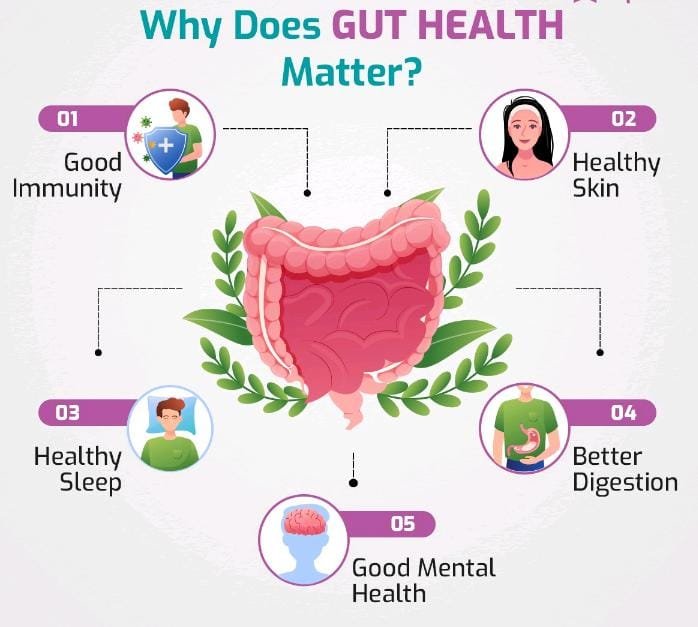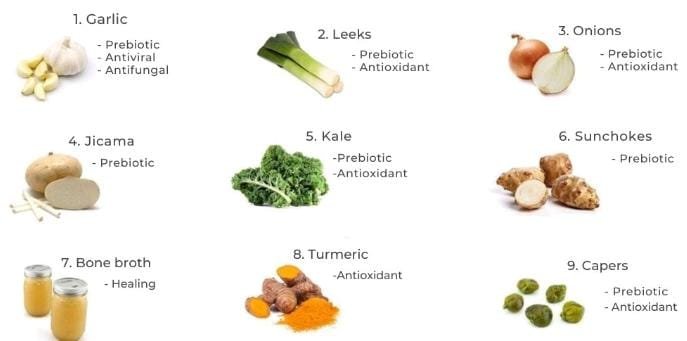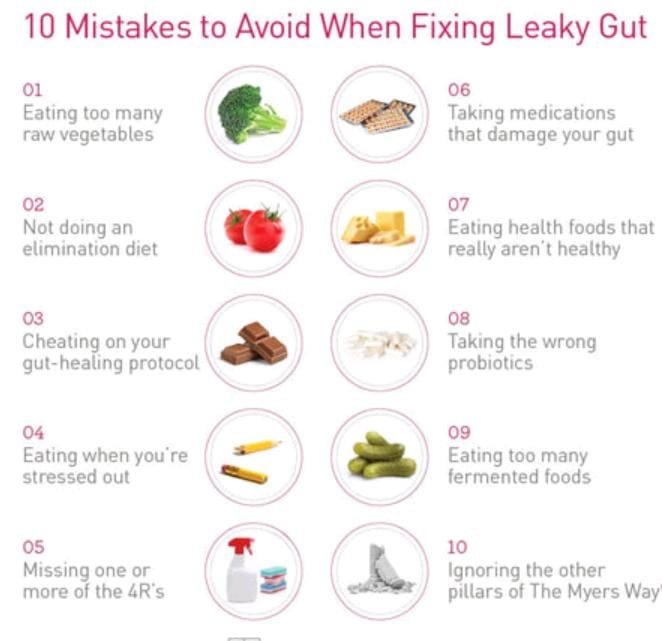
high fiber diet plan for gut health
high fiber diet
Maintaining a healthy gut is essential for overall well-being, and one of the most effective ways to achieve this is by following a high fiber diet plan. Fiber plays a crucial role in improving digestion, supporting healthy gut bacteria, and preventing digestive disorders. In this article, we’ll explore why fiber is so important, the benefits it brings to gut health, and provide you with an easy-to-follow high fiber diet plan.
Why Gut Health Matters

Your gut does much more than digest food. It affects your immune system, metabolism, and even mood. Poor gut health can lead to issues like bloating, constipation, irritable bowel syndrome (IBS), and more serious problems over time. Eating a fiber-rich diet ensures that your digestive system runs smoothly and supports the growth of good bacteria in your intestines.
What Is Fiber and Why Is It Important?
Dietary fiber is a plant-based carbohydrate that the body cannot completely break down. It comes in two main forms:
- Soluble Fiber: Dissolves in water and forms a gel-like substance. It helps control blood sugar and lower cholesterol. Found in oats, beans, apples, and carrots.
- Insoluble Fiber: Adds bulk to your stool and helps food pass through the digestive system easily. Found in whole grains, nuts, and vegetables like cauliflower and green beans.
Both types of fiber are essential for gut health and should be included in your diet.
Benefits of a High Fiber Diet for Gut Health
- Improves Digestion
Fiber keeps your digestive system functioning properly by promoting regular bowel movements and preventing constipation. - Feeds Good Gut Bacteria
Certain fibers act as prebiotics, meaning they feed beneficial gut bacteria. This creates a healthy balance of microorganisms in the gut. - Reduces Risk of Digestive Disorders
A fiber-rich diet lowers the risk of conditions like diverticulitis, hemorrhoids, and colon cancer. - Supports Weight Management
High-fiber foods are more filling, reducing hunger and promoting healthy weight loss.
How Much Fiber Do You Need Daily?
According to health experts:
- Men: 30–38 grams per day
- Women: 21–25 grams per day
Most people consume much less than this, so consciously adding high-fiber foods to your diet is important.
High Fiber Foods for Gut Health

Here are some excellent sources of fiber you should include:
- Fruits: Apples, pears, berries, bananas
- Vegetables: Broccoli, carrots, spinach, cauliflower
- Legumes: Lentils, chickpeas, black beans
- Whole Grains: Oats, brown rice, quinoa, whole wheat bread
- Nuts and Seeds: Chia seeds, flaxseeds, almonds
High Fiber Diet Plan for Gut Health
Here’s a simple, practical plan to boost your fiber intake and improve gut health.
Day 1: Start Strong
- Breakfast: Oatmeal with chia seeds and fresh berries
- Snack: A pear and a handful of almonds
- Lunch: Lentil soup with whole grain bread
- Dinner: Grilled salmon with quinoa and steamed broccoli
Day 2: Keep It Balanced
- Breakfast: Whole wheat toast with avocado and boiled eggs
- Snack: Apple slices with peanut butter
- Lunch: Chickpea salad with spinach, tomatoes, and olive oil
- Dinner: Brown rice with black beans and sautéed vegetables
Day 3: Add Variety
- Breakfast: Smoothie with banana, spinach, flaxseeds, and almond milk
- Snack: Greek yogurt with berries and a sprinkle of oats
- Lunch: Quinoa bowl with roasted veggies and chickpeas
- Dinner: Whole wheat pasta with tomato sauce and side salad
Repeat these ideas throughout the week, mixing up different fruits, vegetables, and whole grains for variety.
Tips to Increase Fiber Intake
- Start Slow: Add fiber gradually to avoid bloating or gas.
- Stay Hydrated: Drink plenty of water as fiber absorbs water and helps with digestion.
- Check Labels: Choose foods labeled “high fiber” or “whole grain.”
- Snack Smart: Opt for nuts, seeds, and fruits instead of processed snacks.
Common Mistakes to Avoid

- Skipping Water: Without water, fiber can cause constipation instead of preventing it.
- Relying on Processed Foods: Packaged “fiber bars” often contain added sugar and low-quality ingredients.
- Ignoring Variety: Eating only one type of fiber source can lead to nutritional imbalance.
Final Thoughts on a High Fiber Diet for Gut Health
A high fiber diet plan is one of the simplest and most effective ways to improve your gut health. By incorporating a variety of fruits, vegetables, whole grains, and legumes into your meals, you’ll not only support digestion but also enhance your overall health. Remember to increase your fiber intake gradually and drink plenty of water for the best results.

Aiman Fatima
August 24, 2025“A high fiber diet is a game-changer for gut health! Adding more whole grains, fruits, veggies, and legumes not only improves digestion but also feeds good gut bacteria. Love how simple changes like this can make such a big difference for overall wellness. Great topic!